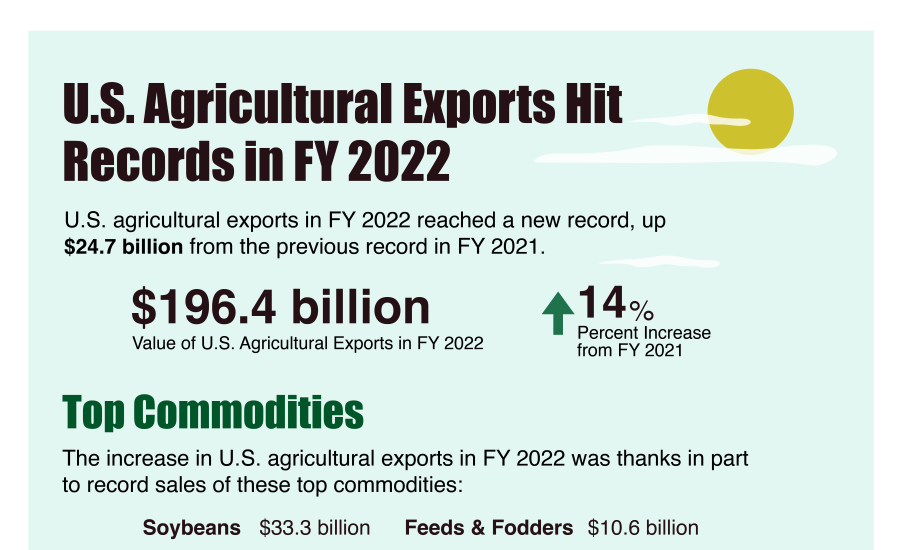Browse Data and Analysis
Filter
Search Data and Analysis
Japan confronted its second year of the COVID-19 pandemic with continued disruptions to the Hotel, Restaurant, and Institutional food service industry. In 2021, total sales from the hotel, restaurant, and institutional food service industry totaled $231 billion (JP¥24,621 billion), a decrease of nearly four percent from 2020.
Japan’s Ministry of the Environment opened public comment period on proposed revisions of the Basic Policy of the Green Procurement Act. One proposed change includes greater emphasis in government procurement decisions on the greenhouse gas emission value of goods and services. Comments must be submitted in Japanese by December 6, 2022.
On March 30, 2022, Japan’s Consumer Affairs Agency (CAA) released guidelines, which provides examples of an improper use of “No Food Additive Used”. The present report contains a provisional translation of the guidelines.
Japan imports approximately 2.6 million metric tons of forage annually, primarily from the United States, Australia, China, and Canada. Japanese importers have diversified suppliers and sought new products to help meet challenges posed by surging international prices and ongoing logistical challenges.
Japan continues to confront elevated levels of inflation on food and beverage products as prices experienced the fastest pace of increases since 1991. Inflation, coupled with a weakened yen, has left producers with no alternative but to pass on price increases to consumers. Among the 217 products included in the daily consumer price index, more than one-fifth of food related products experienced price increases.
FY2022 agricultural exports reach record levels.
Fluid milk production will be up slightly in 2023 as a greater number of heifers enter milk production. Demand for dairy products in the hotel, restaurant, and institutional food service industries will be pushed by an influx of foreign tourists, although surplus drinking milk will still be diverted to further processing into butter and non-fat dry milk for which ending stocks will finish higher in 2022.
On October 13, the Consumer Affairs Agency (CAA) opened a public comment period for proposed revisions to the genetically engineered (GE) labeling requirements of the Food Labeling Standards.
On October 13, the Consumer Affairs Agency (CAA) opened a public comment period for the proposed revision to allergy labeling requirements for walnuts in Japan’s Food Labeling Standards. CAA will accept comments in Japanese through November 12, 2022.
On October 4, 2022, Japan’s Ministry of Land, Infrastructure, Transport and Tourism (MLIT) invited public comments on the proposed Basic Policy for Promoting Decarbonization of Aviation. The proposed policy identifies Sustainable Aviation Fuel (SAF) introduction as a key strategy for reducing CO2 emissions in Japan’s aviation sector.
On September 30th, in a revision to its January announcement, Japan’s Ministry of Agriculture, Forestry, and Fisheries affirmed that it will increase the tariff-rate quota volumes for butter to 9,788 MT but will hold non-fat dry milk (NFDM) at 750 MT for Japanese fiscal year (JFY) 2021. Total planned imports are estimated to be about 137,000 MT (milk equivalent).
This report is an overview and update of Japan's food and agricultural import regulations and standards (FAIRS). For more information on Japan's certification requirements, see the FAIRS Export Certificate Report for Japan.

